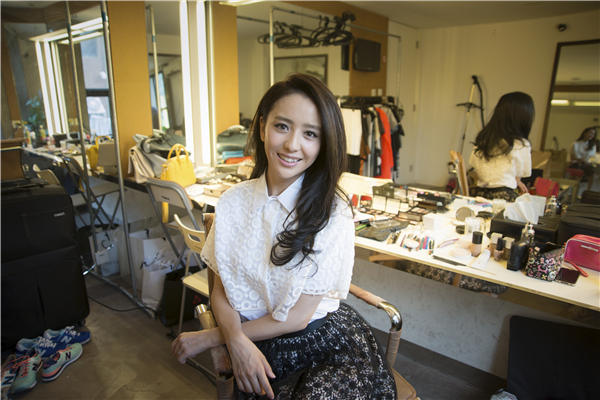Fighting stereotypes with a camera
By Cheng Lu/Wen Chihua ( China Daily ) Updated: 2015-10-10 08:34:32
Kurbanjan then decided to do something using his lens.
"Pictures and real stories are the most eloquent way to talk about Xinjiangers," he says.
The terrorist attack at Kunming Railway Station in March 2014 boosted his resolve. He traveled to 20 cities to photograph and interview about 500 Xinjiangers including doctors, celebrities, street vendors and thieves.
In one of the more striking stories in the photo essay, a Uygur thief told Kurbanjan how, aged nine, he was sold by his father to a modern-day Chinese Fagin in the southern city of Guangzhou. His owner beat him on one occasion after he took pity on a female victim and gave her back the money he had stolen from her.
"I tried to make my photo essay objective, covering different types of people from Xinjiang and their stories," Kurbanjan says. "We are all Chinese no matter where we are from - Xinjiang, Beijing or Guangdong."
Kurbanjan's name means "sacrifice". It was chosen as he was born during Islamic festival called the Feast of Sacrifice.
He needs plenty of this spirit to face up to the bias that he encounters.
|
|
|
|
|
|
|
|


























 Raymond Zhou:
Raymond Zhou: Pauline D Loh:
Pauline D Loh: Hot Pot
Hot Pot Eco China
Eco China China Dream
China Dream China Face
China Face






